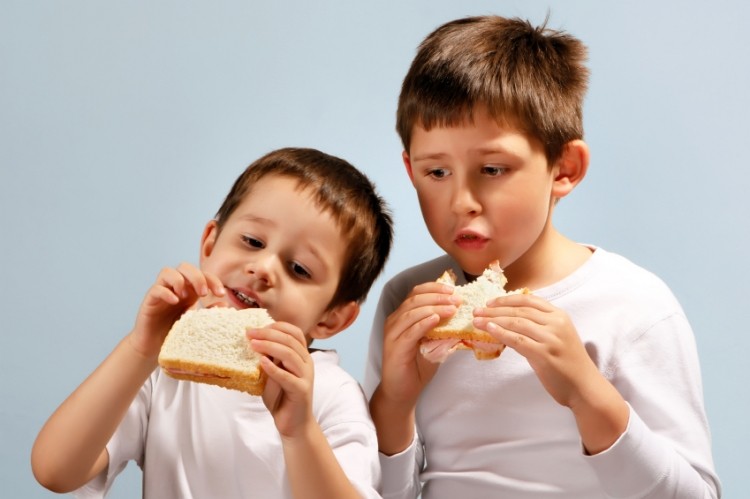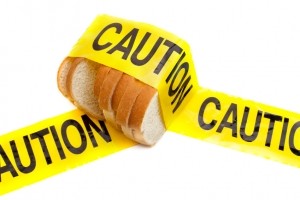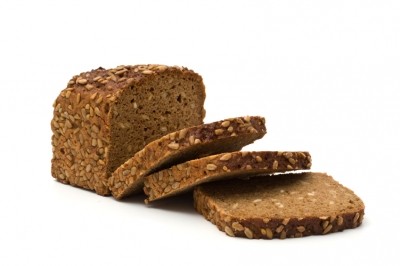20-year coeliac diagnosis timeline reveals social inequalities

The researchers from the University of Nottingham in the UK and the University of Salerno in Italy identified 1247 coeliac disease diagnoses out of 2,063,421 children.
Serological studies have indicated that symptoms of coeliac disease exists in about 1% of all children yet clinical diagnoses has been much less prevalent.
Children living in less socioeconomically deprived areas of the country were 80% more likely to be diagnosed with the autoimmune condition than those in the most deprived areas.
“Increased implementation of diagnostic guidelines could result in better case identification in more-deprived areas,” the researchers wrote.
The paper, published in the journal Archives of Disease in Childhood,looked at anonymised primary care health records of all children registered with The Health Improvement Network (THIN)-contributing general practices between 1993 and 2012 from birth to the age of 18.
The researchers said this flux in diagnosis was likely due to an improvement in awareness and diagnosis methods for the condition triggered by the autoimmune reaction to gluten from wheat, barley, and rye.
However uncertainties remained about why children from certain backgrounds may be more or less likely to be diagnosed.
“Based on the current evidence, the most plausible explanation for the socioeconomic gradient in the incidence of childhood coeliac disease whereby children from least-deprived areas have coeliac disease diagnosed more often than those from the most-deprived areas is that ascertainment of disease varies rather than the true occurrence of coeliac disease.
“Awareness campaigns and the implementation of diagnostic guidelines may help to implement strategies for case-finding in all children and reduce this inequality. Moreover, a greater use of the new paediatric guidelines with the possibility to diagnose symptomatic cases without biopsy might increase the access to diagnosis in children from the most-deprived areas,” the researchers wrote.
1 new case in 10,000
The number of diagnoses amounted to one new case in every 10,000 children every year, a rate which did not vary across the four UK countries but was 53% higher for girls than boys.
The rate of diagnoses rose by 39% between 1993 and 2012 for boys, but doubled for girls.
The research was funded in part by NGO Coeliac UK. Commenting on the findings, Sarah Sleet, chief executive for the charity, said: “This research is very useful in providing a much better understanding of how many children have been diagnosed with coeliac disease, and gives us an insight on where we should be driving resources to increase awareness of coeliac disease and need for diagnosis.”
Source: Archives of Disease in Childhood
Published online ahead of print, doi:10.1136/archdischild-2014-307105
“Socioeconomic variation in the incidence of childhood coeliac disease in the UK”
Authors: F. Zingone, J. West, C. J. Crooks, K. M. Fleming, T. R. Card, C. Ciacci, L. J. Tata




























